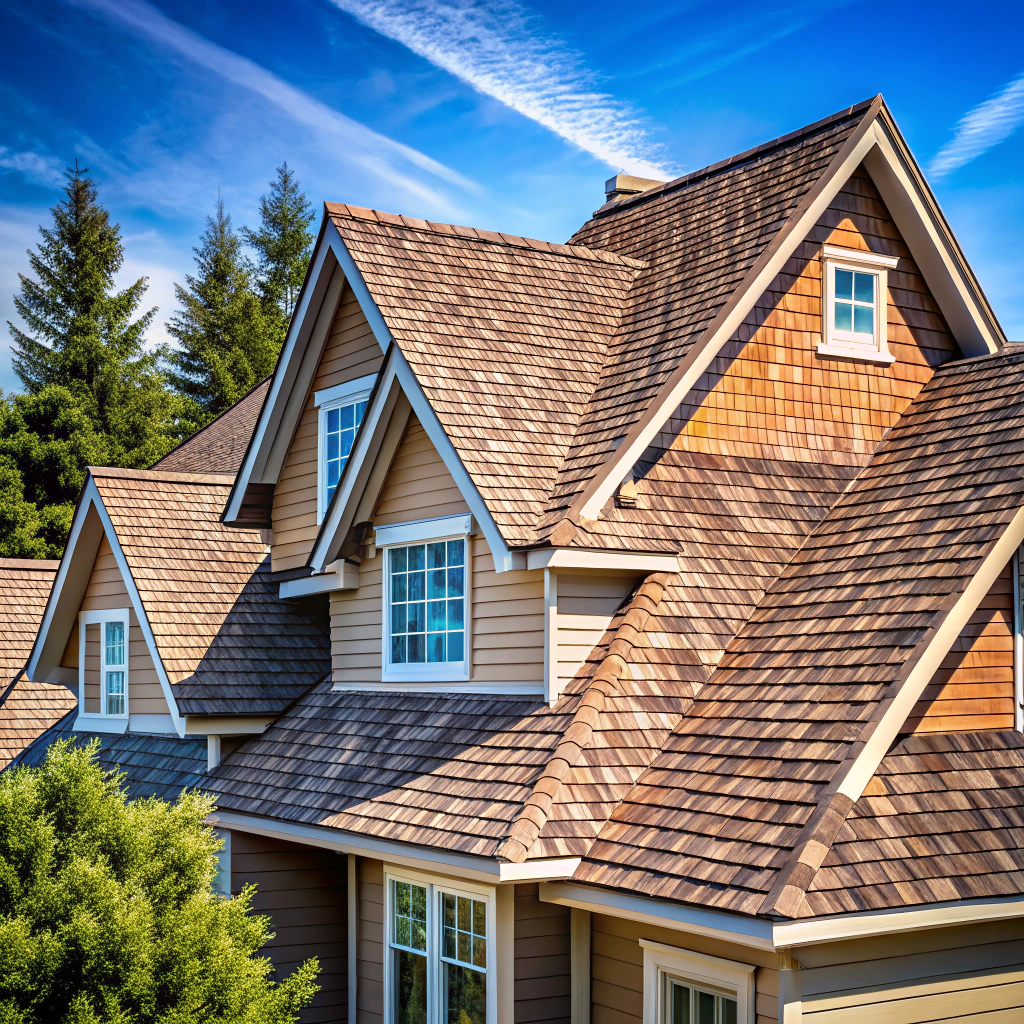Last updated on
This article will delve into the potential repercussions of undertaking a roofing project without the necessary permits.
Key takeaways:
- Undertaking roofing without permits can result in stop-work orders and fines.
- Unpermitted roofing work can lead to claims denial, policy voidance, or increased premiums from insurers.
- Roofing without permits can complicate future property sales and require retroactive permits.
- Unauthorized roof construction poses safety risks and may not meet building codes.
- Roofing without permits can result in inferior workmanship and non-compliance with regulations.
Legal Consequences of Constructing a Roof Without a Permit

Undertaking a roofing project without the necessary permits can lead to several legal repercussions. First, if discovered, the local building authority may issue a stop-work order, halting all construction activities immediately. This can result in costly delays and the need to obtain proper permits retroactively, often accompanied by a hefty fine.
Moreover, continued non-compliance may lead to legal action by the municipality, which can include additional fines or in extreme cases, a court mandate to remove the roof entirely, adding further expenses to the project.
In the eyes of the law, any work completed without a permit is considered illegal, which could lead to complications should neighbors or others bring claims against the property for damages caused during or after the unpermitted work. This makes adherence to local building codes and permit regulations essential to avoid legal pitfalls.
Impact of Unpermitted Roofing On Home Insurance
Unpermitted roofing work can directly affect the terms of your home insurance policy. Insurers usually require that any major renovations or structural changes, such as roofing, comply with current building codes and are documented with the proper permissions.
Here’s what can happen:
- Claims Denial: Following any damage or loss, insurance companies may refuse claims related to the roof if they discover the work was done without a permit. This can leave you facing significant out-of-pocket expenses for repairs or replacements that would have otherwise been covered.
- Policy Voidance: Undertaking major work without a permit can void your insurance policy. This means your insurer might have the right to terminate your coverage once they learn of the unauthorized construction.
- Increased Premiums: Even if your insurer decides not to cancel your policy outright, they may hike up your premiums. This reflects the higher level of risk they take on by covering a property that has not adhered to safety regulations.
Maintaining a valid home insurance policy hinges on fulfilling the insurer’s requirements, which invariably include compliance with local building regulations. To safeguard your home’s coverage, always secure the necessary permits before beginning roof work.
Effect On the Future Sale of the Property
When you decide to sell your home, the roof you’ve built without a permit can become a significant obstacle. Potential buyers often request a comprehensive disclosure of any home improvements and require proof that these were carried out legally. A roof built without a permit may:
- Trigger a red flag for buyers concerned about legality and quality.
- Incur additional costs as buyers may negotiate a lower price considering the potential expenses of rectifying the unpermitted work.
- Delay or derail the sale process altogether if the buyer’s lender or insurance company refuses to get involved with a property that has unpermitted work.
- Require you, as the seller, to obtain retroactive permitting, which often involves the hassle of paperwork, inspections, and additional costs that can be substantial.
- Lead to mandated modifications or a complete redo of the roofing work if it fails to meet current building codes, further adding to costs and complications.
Ensuring that all work on your home, especially something as significant as a roof, is correctly permitted, not only preserves the value of your property but also smoothens any future transactions.
Safety Risks Associated With Unauthorized Roof Construction
When a roofing project proceeds without the appropriate permits, there is no regulatory oversight to ensure the construction adheres to strict safety standards. Without the scrutiny of a building inspector, critical steps may be overlooked, potentially leading to structural weaknesses.
For instance:
- Improperly installed roofing materials can result in weak spots vulnerable to leaks and collapse during severe weather.
- Using incorrect fasteners or inadequate supports might not only compromise the roof’s integrity but also puts the workers at risk during the installation process.
- Roofing done without expert supervision may not meet fire resistance requirements, increasing the risk of fire spread.
- Electrical and ventilation systems integrated into the roofing structure without proper guidance can lead to malfunctions and hazards, such as short circuits or poor indoor air quality.
Ignoring these risks can have grave consequences for both the property owner and the inhabitants of the building, prioritizing short-term convenience over long-term safety.
Risks of Inferior Workmanship or Non-compliance With Building Codes
Roofing without a permit often bypasses the critical oversight provided by building inspectors, potentially leading to substandard work. This can manifest in several ways:
- Choice of Materials: Unpermitted work may use materials that are not up to code, leading to durability issues or failure to protect against weather and environmental stresses.
- Installation Practices: Skilled labor is imperative for good roofing. Without oversight, installers might cut corners, leaving the roof vulnerable to leaks, wind damage, or premature wear.
- Safety Considerations: Roofs constructed without adherence to building codes may not support appropriate weight loads, risking collapse or injury.
- Energy Efficiency: Non-compliance can result in poor insulation and ventilation practices, thereby increasing energy costs.
Employing a licensed professional who applies for the necessary permits ensures roofing work adheres to local building codes, reducing the risk of these potential problems and providing peace of mind.
FAQ
Can I replace my own roof in California?
Yes, you can replace your own roof in California, but it requires acquiring a roofing permit to meet the state’s code standards and it is highly recommended to get a roof inspection from a licensed roofing contractor.
Do I need a permit to replace my roof in Texas?
Yes, in Texas, if you’re replacing a large area or an entire roof, you will need a re-roof permit, while structural changes such as modifying roof joists or rafters necessitate a building permit.
Do I need a permit to reroof my house in Los Angeles County?
Yes, you need a permit to reroof your house in Los Angeles County, except for repairs and patching.
Is a permit required for roof replacement in Florida?
Yes, a permit is typically required for roof replacement in Florida.
What are the penalties for doing a roof without a permit in New York?
In New York, conducting a roof project without a permit can result in costly fines, potential removal of unauthorized construction, and possible legal consequences.
Does Seattle have specific roof replacement regulations and permit requirements?
Yes, Seattle has specific roof replacement regulations and requires permits for major roofing projects.





